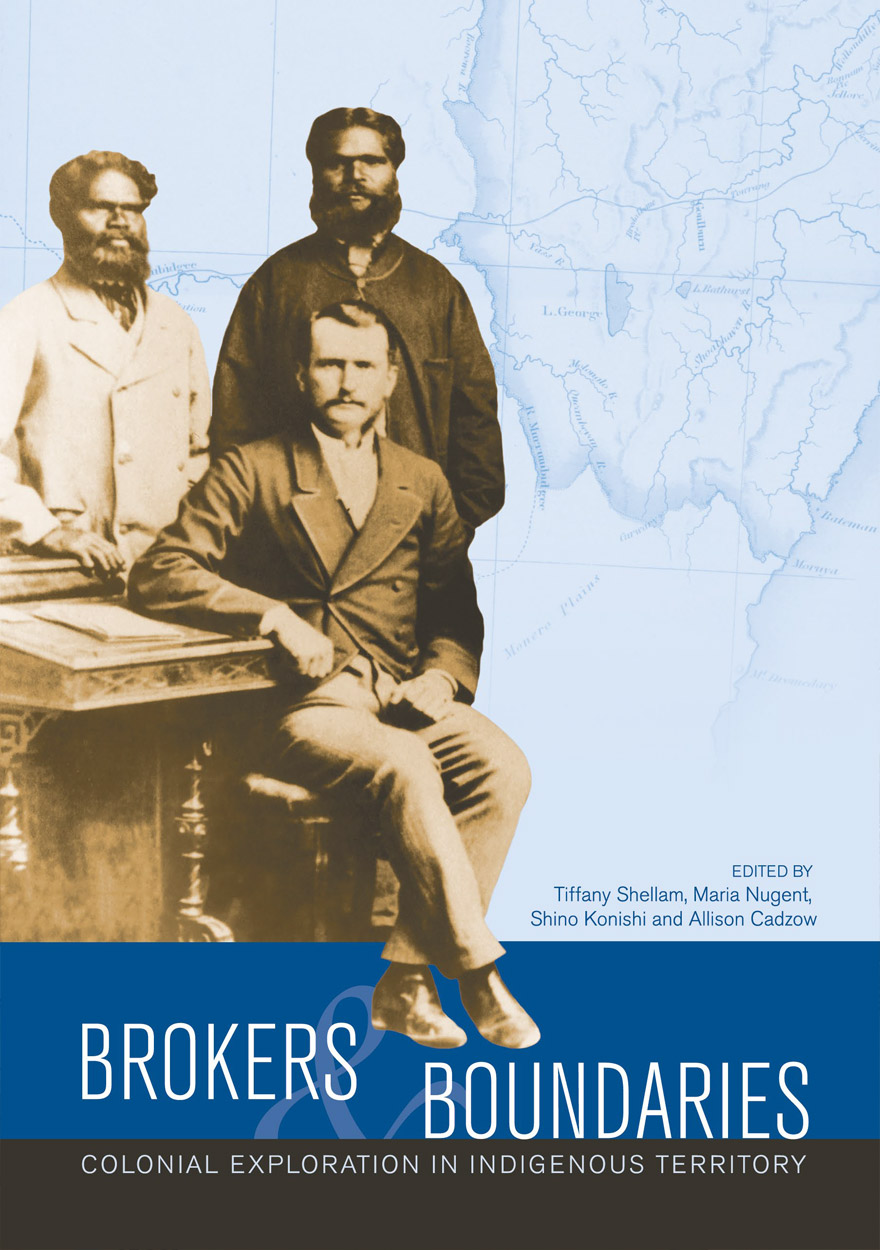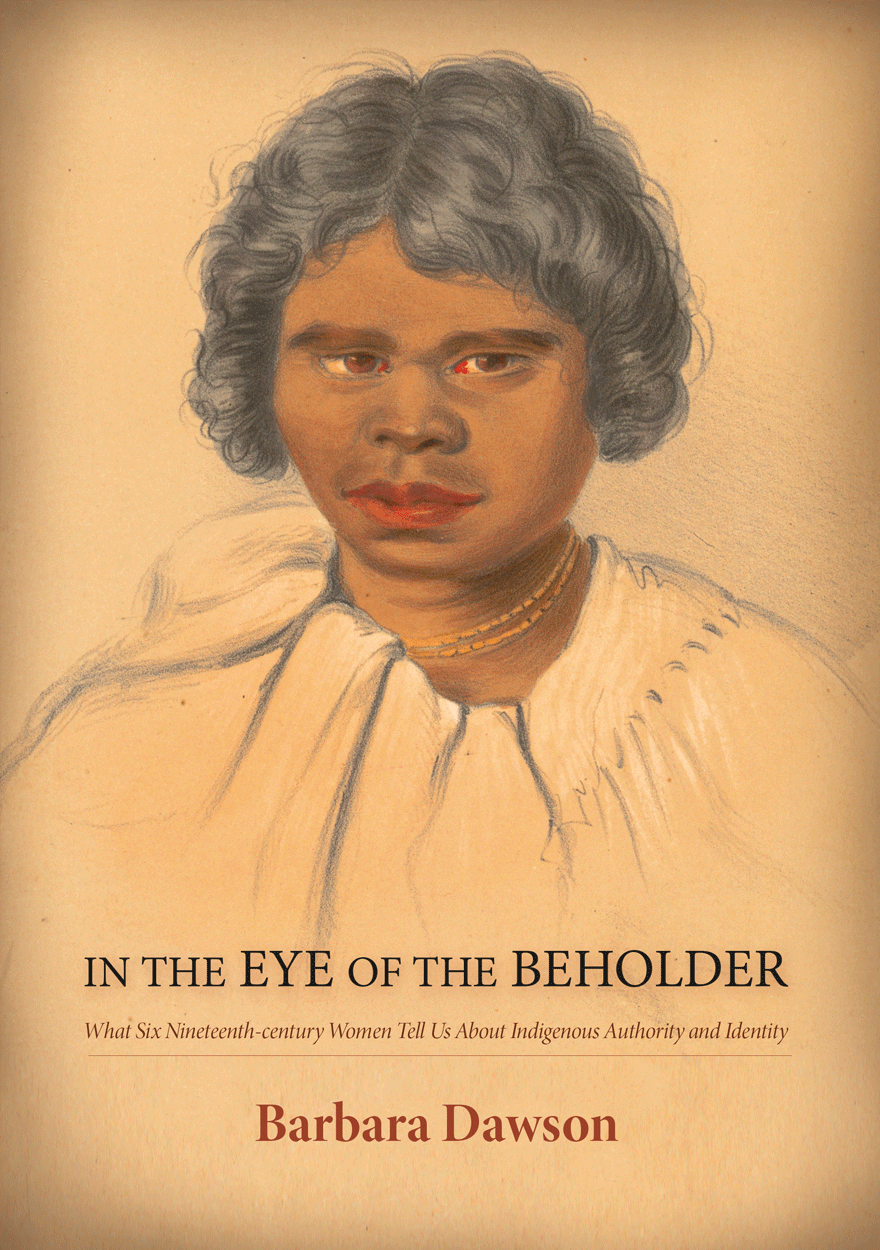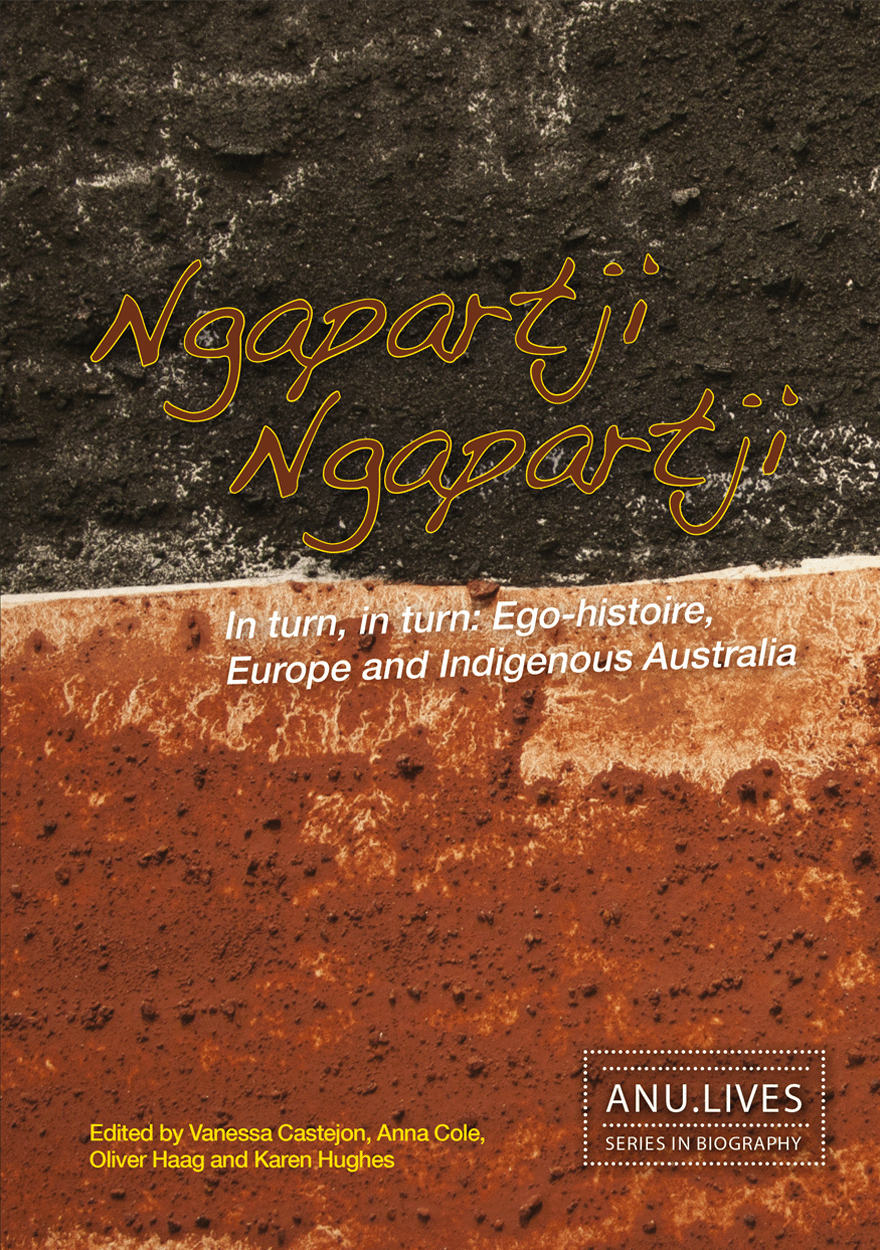Search titles
Displaying results 31 to 40 of 69.

Geography, Power, Strategy and Defence Policy »
Essays in Honour of Paul Dibb
Edited by: Desmond Ball, Sheryn Lee
Publication date: May 2016
Paul Dibb AM has had an extraordinary career. He enjoys an international scholarly reputation of the highest order, while at the same time he has done much distinguished public service. He was a pioneer in moving back and forth between posts in government departments, notably the Department of Defence, and academia. He began as a student of Soviet economic geography, and then spent nearly two decades in Australian Defence intelligence, including service as Head of the National Assessments Staff (NAS) in the Joint Intelligence Organisation (JIO) from 1974 to 1978, Deputy Director of JIO in 1978–80, Director of JIO in 1986–88, and Deputy Secretary of Defence (Strategy and Intelligence) in 1988–91, before becoming a Professor in the Strategic and Defence Studies Centre (SDSC) at The Australian National University (where he is now an Emeritus Professor). He has been quite happy to engage in vigorous public debate about important and controversial strategic and defence issues, giving him a high public profile.
The contributors include two former Chancellors of ANU, one a former Minister of Defence, and the other a former Secretary of the Department of Defence, a former Chief of the Defence Force (CDF), and other former senior officials, as well as academic specialists in geography, international relations, and strategic and defence studies.
‘This would be a high-quality set of essays for any edited volume, but for a festschrift – a genre that sometimes generates uneven collections – this is an exceptional assembly. The individual pieces are very good; together, they have coherence and power.’
– Professor Ian Hall, Professor of International Relations, Griffith University

Brokers and boundaries »
Colonial exploration in Indigenous territory
Publication date: April 2016
Colonial exploration continues, all too often, to be rendered as heroic narratives of solitary, intrepid explorers and adventurers. This edited collection contributes to scholarship that is challenging that persistent mythology. With a focus on Indigenous brokers, such as guides, assistants and mediators, it highlights the ways in which nineteenth-century exploration in Australia and New Guinea was a collective and socially complex enterprise. Many of the authors provide biographically rich studies that carefully examine and speculate about Indigenous brokers’ motivations, commitments and desires. All of the chapters in the collection are attentive to the specific local circumstances as well as broader colonial contexts in which exploration and encounters occurred.
'This collection breaks new ground in its emphasis on Indigenous agency and Indigenous–explorer interactions. It will be of value to historians and others for a very long time.'
— Professor Ann Curthoys, University of Sydney
'In bringing together this group of authors, the editors have brought to histories of colonialism the individuality of these intermediaries, whose lives intersected colonial exploration in Australia and New Guinea.'
— Dr Jude Philp, Macleay Museum

Indigenous Intermediaries »
New perspectives on exploration archives
Publication date: September 2015
This edited collection understands exploration as a collective effort and experience involving a variety of people in diverse kinds of relationships. It engages with the recent resurgence of interest in the history of exploration by focusing on the various indigenous intermediaries – Jacky Jacky, Bungaree, Moowattin, Tupaia, Mai, Cheealthluc and lesser-known individuals – who were the guides, translators, and hosts that assisted and facilitated European travellers in exploring different parts of the world.
These intermediaries are rarely the authors of exploration narratives, or the main focus within exploration archives. Nonetheless the archives of exploration contain imprints of their presence, experience and contributions. The chapters present a range of ways of reading archives to bring them to the fore. The contributors ask new questions of existing materials, suggest new interpretive approaches, and present innovative ways to enhance sources so as to generate new stories.
‘This is a very fine collection of essays. It offers a deep and richly textured assessment of the crucial work of indigenous intermediaries in imperial and colonial exploration.’
— Professor Tony Ballantyne, University of Otago, New Zealand

Political Life Writing in the Pacific »
Reflections on Practice
Edited by: Jack Corbett, Brij V. Lal
Publication date: July 2015
This book aims to reflect on the experiential side of writing political lives in the Pacific region. The collection touches on aspects of the life writing art that are particularly pertinent to political figures: public perception and ideology; identifying important political successes and policy initiatives; grappling with issues like corruption and age-old political science questions about leadership and ‘dirty hands’. These are general themes but they take on a particular significance in the Pacific context and so the contributions explore these themes in relation to patterns of colonisation and the memory of independence; issues elliptically captured by terms like ‘culture’ and ‘tradition’; the nature of ‘self’ presented in Pacific life writing; and the tendency for many of these texts to be written by ‘outsiders’, or at least the increasingly contested nature of what that term means.

The Seven Dwarfs and the Age of the Mandarins »
Australian Government Administration in the Post-War Reconstruction Era
Edited by: Samuel Furphy
Publication date: July 2015
In the history and folklore of Australia’s Commonwealth Public Service, the idea of the ‘Seven Dwarfs’ has been remarkably persistent. Originally a witty epithet applied to a powerful group of senior public servants, the term has come to represent the professionalisation of Australian government administration during the Second World War and post-war reconstruction era, and into the following two decades of expansion. This was a period when, for the first time, talented university graduates entered the public service, rose to senior levels, and exerted great influence over the affairs of the Commonwealth. With the secure tenure of being permanent heads of departments, they defined the age of the public service mandarin.
This book explores the lives and influence of the Seven Dwarfs and their colleagues, bringing together the leading researchers on post-war Australian administration. Featuring four thematic chapters and ten biographical portraits, it offers a fascinating insight into the workings of the Commonwealth Public Service during a critical period in its history.

In the Eye of the Beholder »
What Six Nineteenth-century Women Tell Us About Indigenous Authority and Identity
Authored by: Barbara Dawson
Publication date: November 2014
This book offers a fresh perspective in the debate on settler perceptions of Indigenous Australians. It draws together a suite of little known colonial women (apart from Eliza Fraser) and investigates their writings for what they reveal about their attitudes to, views on and beliefs about Aboriginal people, as presented in their published works. The way that reader expectations and publishers’ requirements slanted their representations forms part of this analysis.
All six women write of their first-hand experiences on Australian frontiers of settlement. The division into ‘adventurers’ (Eliza Fraser, Eliza Davies and Emily Cowl) and longer-term ‘settlers’ (Katherine Kirkland, Mary McConnel and Rose Scott Cowen) allows interrogation into the differing representations between those with a transitory knowledge of Indigenous people and those who had a close and more permanent relationship with Indigenous women, even encompassing individual friendship. More pertinently, the book strives to reveal the aspects, largely overlooked in colonial narratives, of Indigenous agency, authority and individuality.
For more information on Aboriginal History Inc. please visit aboriginalhistory.org.au.

Power and International Relations »
Essays in Honour of Coral Bell
Edited by: Desmond Ball, Sheryn Lee
Publication date: November 2014
Coral Mary Bell AO, who died in 2012, was one of the world’s foremost academic experts on international relations, crisis management and alliance diplomacy. This collection of essays by more than a dozen of her friends and colleagues is intended to honour her life and examine her ideas and, through them, her legacy.
Part 1 describes her growing up during the Great Depression and the Second World War, her short-lived sojourn in the Department of External Affairs in Canberra, where she was friends with some of the spies who worked for Moscow, and her academic career over the subsequent six decades, the last three of which were at The Australian National University.
Most of Coral’s academic career was spent in Departments of International Relations. She was disdainful of academic theory, but as discussed in Part 2, she had a very sophisticated understanding of the subject. She was in many ways a Realist, but one for whom agency, in terms of ideas (the beliefs and perceptions of policy-makers) and institutions (including conventions and norms of behaviour), essentially determined events.
Part 3 is concerned with power politics, including such matters as Cold War competitions, crisis management, alliance diplomacy, and US and Australian foreign policies. She recognised that power politics left untrammelled was inevitably catastrophic, and was increasingly attracted to notions of Concerts of Power.
‘Coral would be touched by this collection of essays about her professional and personal life. The contributors offer honest, professional and insightful reviews of her many academic achievements and especially her ideas, many of them the forerunners of others’ work, that makes her one of the very best international relations and strategic thinkers.’
— Dr. Pauline Kerr, Asia-Pacific College of Diplomacy, The Australian National University
‘It’s a rare thing in an international relations expert to possess a balance of theory and experience, history and imagination, realism and hope. Coral had this, and she had a 19th-century prose style to match it. Through her writing she explained the chaos of international events and human affairs in simple and clear language to her baffled compatriots. For the rest of the world, she brought an antipodean temperament and perspective to the great questions of our time; she was our George Kennan in thick glasses, blue floral dress, white sneakers and a string of pearls.’
— Minh Bui Jones, The Lowy Interpreter, 5 October 2012

Ngapartji Ngapartji »
In turn, in turn: Ego-histoire, Europe and Indigenous Australia
Publication date: November 2014
In this innovative collection, Indigenous and non-Indigenous scholars from Australia and Europe reflect on how their life histories have impacted on their research in Indigenous Australian Studies. Drawing on Pierre Nora’s concept of ego-histoire as an analytical tool to ask historians to apply their methods to themselves, contributors lay open their paths, personal commitments and passion involved in their research. Why are we researching in Indigenous Studies, what has driven our motivations? How have our biographical experiences influenced our research? And how has our research influenced us in our political and individual understanding as scholars and human beings? This collection tries to answer many of these complex questions, seeing them not as merely personal issues but highly relevant to the practice of Indigenous Studies.
I think this rich collection will become a landmark text and a favourite within Australian scholarship. I am keen to see it published so that I can recommend it to others
— Professor Emerita Margaret Allen, Gender Studies and Social Analysis, University of Adelaide
The idea was to explain the link between the history you have made and the history that has made you
— Pierre Nora

The Coombs: A House of Memories »
Edited by: Brij V. Lal, Allison Ley
Publication date: September 2014
The Coombs Building at The Australian National University is a Canberra icon. Named after one of Australia’s greatest administrators and public intellectuals—‘Nugget’ Herbert Cole Coombs—for more than forty years the building has housed two of the University’s four foundational Schools: the Research School of Pacific and Asian Studies and the Research School of Social Sciences. This volume of recollections is about the former. It looks at life in the building through the prism of personal experience and happenstance. Part memoir, part biography, and part celebration, this book is about the people of Coombs, past and present. Through evocative and lucid reflections, present and former denizens of the building share their passions and predilections, quietly savour their accomplishments and recall the failings and foibles of the past with a kindly tolerance.

Henry Prinsep's Empire »
Framing a distant colony
Authored by: Malcolm Allbrook
Publication date: September 2014
Henry Prinsep is known as Western Australia’s first Chief Protector of Aborigines in the colonial government of Sir John Forrest, a period which saw the introduction of oppressive laws that dominated the lives of Aboriginal people for most of the 20th century.
But he was also an artist, horse-trader, member of a prominent East India Company family, and everyday citizen, whose identity was formed during his colonial upbringing in India and England. As a creator of Imperial culture, he supported the great men and women of history while he painted, wrote about and photographed the scenes around him. In terms of naked power he was a middle man, perhaps even a small man. His empire is an intensely personal place, a vast network of family and friends from every quarter of the British imperial world, engaged in the common tasks of making a home and a career, while framing new identities, new imaginings and new relationships with each other, Indigenous peoples and fellow colonists. This book traces Henry Prinsep’s life from India to Western Australia and shows how these texts and images illuminate not only Prinsep the man, but the affectionate bonds that endured despite the geographic bounds of empire, and the historical, social, geographic and economic origins of Aboriginal and colonial relationships which are important to this day.



